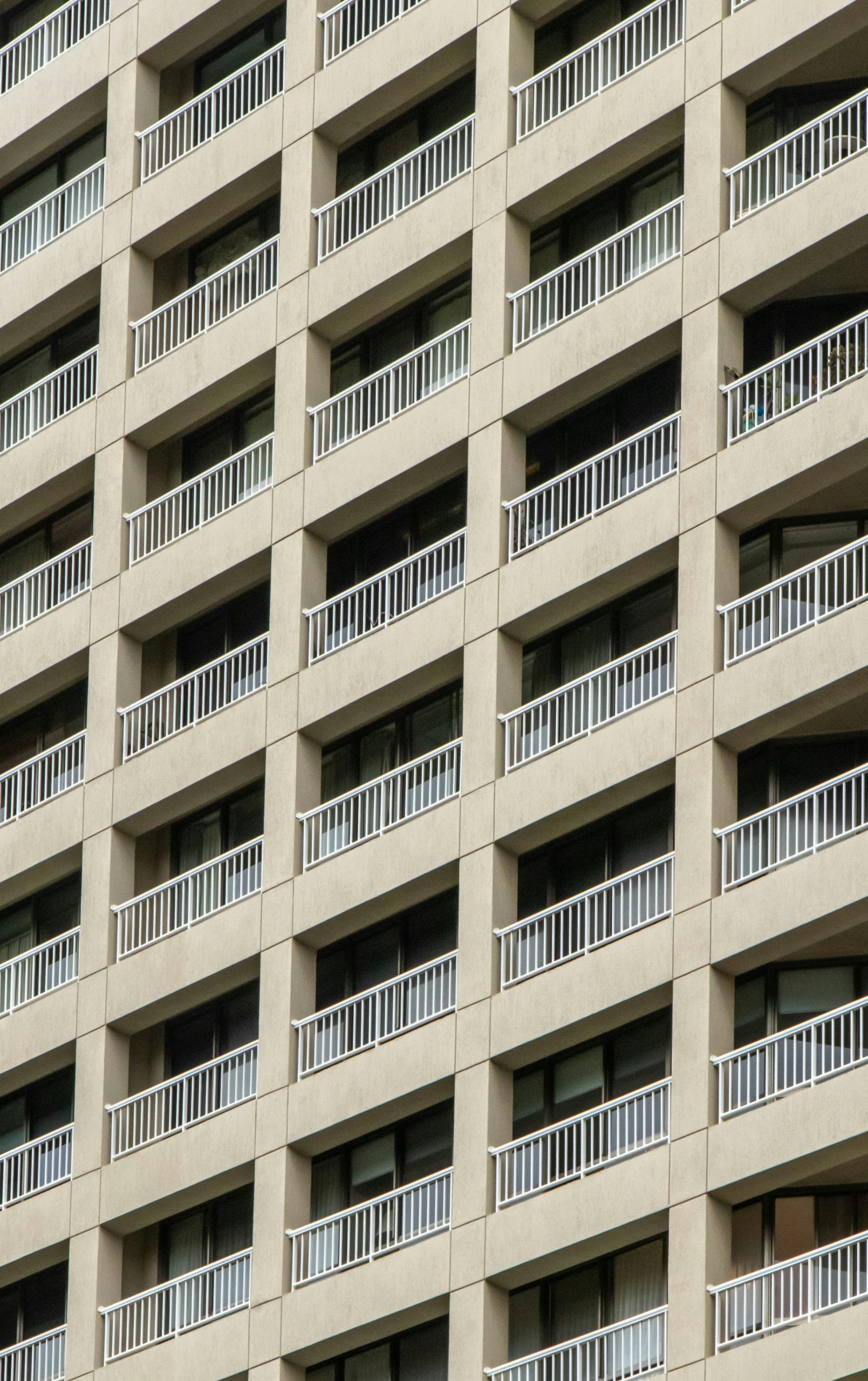The Dilemma of Housing Prices in Australia: A Closer Look at Public Sentiment
In recent discussions about the Australian housing market, a thought-provoking question arises: Do Australians really desire a decline in housing prices? From my observations, it seems that opinions on this issue are divided into three distinct groups.
Group One: The Property Owners
The first group comprises those who already own property. Their desire is clear—they hope for rising prices. The rationale is simple: higher property values enable them to sell at a profit down the line. For many in this camp, the prospect of a lucrative sale in the future is a key motivator.
Group Two: Aspiring Homeowners
Conversely, the second group is populated by individuals who yearn for a decrease in housing prices, but mostly until they can secure their own property. This cohort often dreams of owning a home, envisioning a day when they can transition from renters to homeowners. Interestingly, many in this group continue to aspire for rising prices after their purchase, hoping to leverage their investment for future gains. For example, I’ve encountered individuals earning modest incomes while raising families, yet they still harbor aspirations of becoming landlords themselves.
Group Three: The Pragmatists
Finally, we have a smaller, more pragmatic group of individuals who prioritize having a stable living situation over the fluctuations of the market. This group simply seeks shelter and security, focusing less on the investment angle of property ownership.
The Paradox of Property Ownership
What stands out is the apparent contradiction in the public sentiment surrounding housing prices. While many individuals express frustration over high costs, their underlying motives often indicate a desire for property values to rise once they have made a purchase. This creates a paradox: how can we collectively advocate for lower prices while simultaneously seeking an increase in our own wealth from property investments?
As we navigate these complex dynamics, it becomes evident that finding a balanced solution in the housing market will require more than just addressing the opinions of one group. It calls for thoughtful, inclusive discussions that consider the needs and aspirations of all Australians, regardless of their current property situation. The path forward may not be easy, but understanding the diverse perspectives within this debate is essential to fostering a healthier housing market for everyone.



